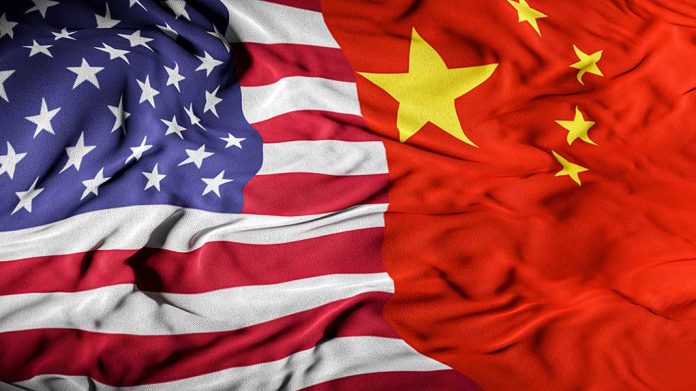
Chinese companies’ growing influence in U.S. and Latin American ports raises serious security questions.
Key Takeaways
- Chinese firms, including COSCO Shipping and China Merchants Group, have secured stakes in key ports in the U.S. and Latin America.
- The U.S. aims to counter China’s influence through cultural and economic ties with Latin America.
- Potential threats include espionage and disruption of U.S. logistics and trade routes.
- The U.S. Homeland Security Department emphasizes investing in port infrastructure to safeguard national interests.
- The expansion of Chinese companies highlights the importance of assessing port security agreements in Latin America.
Chinese Expansion in Strategic Ports
The strategic expansion of Chinese enterprises into crucial ports across the Western Hemisphere has garnered considerable concern from U.S. security experts. Companies like COSCO Shipping and China Merchants Group have become prominent players in these regions, raising alarms about their influence and control. During a Homeland Security Department subcommittee hearing, it was highlighted that China’s engagement has intensified significantly over the last two decades, with investments in energy, infrastructure, and trade dynamics rising exponentially.
The strategic competition between China and the U.S. involves intersecting interests within Latin America. While the U.S. historically focused on stability due to proximity, China’s activities have introduced factors such as potential espionage and trade route disruptions. To counter this, experts recommend leveraging America’s cultural and personal linkages with Latin nations, promoting good governance, and minimizing China’s sway.
Investments and Security Concerns
China’s sustained investments in Latin America’s infrastructure could pose serious threats to regional sovereignty and U.S. national security. Projects connected to the Digital Silk Road raise issues of data privacy, surveillance, and cyber threats. Defense analysts are particularly worried about Chinese ports being used for intelligence gathering and military operations.
Congressman Carlos Gimenez (R-Fla.), who chairs the subcommittee related to the matter, said, “This gives Beijing a strategic position over one of the world’s most important waterways and provides the [Chinese Communist Party] CCP with an opportunity to exert influence over commercial shipping, gather intelligence on American and allied vessel traffic, and potentially restrict the mobility of our navy in a time of crisis.”
The issue extends to investments in pivotal maritime chokepoints like the Panama Canal, where concerns about shipping fentanyl precursors and surveillance activities are particularly pressing. The potential for these ports to be leveraged for military and intelligence advantages underscores the importance of vigilance and strategic planning.
What’s Driving Trump's Interest in Panama? A Geopolitical Deep Dive 🌎🚢
Donald #Trump isn’t chasing direct ownership of the #Panama Canal—too costly, too messy, and not worth the operational headaches. Instead, it’s all about countering China’s growing influence in Latin… pic.twitter.com/ujzVcVQj8N
— Justin James McShane (@JustinMcShane) December 25, 2024
The U.S. Response
In response, the U.S. is examining proposals like a Chinese port buyback program to strengthen its maritime strategy. Such initiatives aim to remove Chinese equipment from ports and invest in critical infrastructure. The Monroe Doctrine stresses preventing adversaries’ control over essential infrastructure. With increasing stakes in the Western Hemisphere, the U.S. aims to bolster its presence by supporting Latin American nations in evaluating their engagement with Chinese port management.
This strategic concern outlines the importance of investing in U.S. port infrastructure and fostering stronger ties with Latin America. This approach will help ensure regional security and stability amid Chinese influence in these critical maritime locations.
Ryan Berg, director of the Americas Program, said, “The United States has shaken its post-war stupor. The U.S. is no longer asleep at the switch, as strategic rivals set down roots in our shared neighborhood.”
Sources:
- How are the United States and China intersecting in Latin America?
- Wakeup Call: The U.S. Risks Losing Latin America to China | The Heritage Foundation
- “Strategic Maritime Chokepoints”: Subcommittee Hearing Examines Threats from China’s Influence Over Panama Canal, Western Hemisphere Ports – Committee on Homeland Security
- Experts Warn of China’s Grip on Key US and Latin American Ports | The Epoch Times










